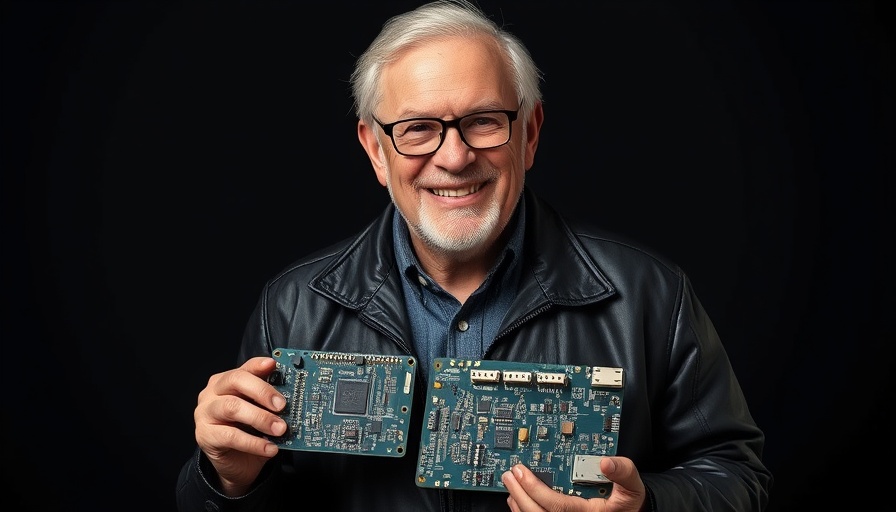
Nvidia’s H20 Chip Faces New Export Challenges
In a surprising announcement, Nvidia revealed that the U.S. government has imposed new export controls on its H20 chips, requiring a license for all exports to China. This decision is significant, considering the H20 chip is currently Nvidia’s most advanced AI chip that can legally be sent to China. The U.S. government justified the new regulations by citing potential risks that the chip could be utilized in developing supercomputers within China.
Financial Implications for Nvidia
The stock market reacted swiftly to this news, with Nvidia’s shares dropping around 6% in extended trading. The company anticipates incurring an estimated $5.5 billion in associated charges in its upcoming Q1 2026 fiscal year, which concludes at the end of April. Such a hefty financial burden raises concerns about the company's profitability and its ability to continue leading the AI hardware market without access to one of its largest consumer bases.
Export Controls and Emerging Technologies
The U.S. government’s decision aligns with a broader initiative to tighten controls over advanced technology exports amid fears that such technologies could enhance military capabilities in rival nations. Experts have noted that U.S. export controls have become more stringent in recent years, especially regarding AI and advanced semiconductor technologies. This makes the H20 chip a sensitive subject, especially following its reported use by the Chinese AI company DeepSeek to train models for their AI capabilities.
Public vs Private Sector Dynamics
Interestingly, the night before the announcement, Nvidia CEO Jensen Huang reportedly dined with former President Donald Trump at Mar-a-Lago. Sources suggest that Huang attempted to negotiate Nvidia's position by emphasizing the company's commitment to invest in AI data centers within the U.S. While this dinner raised eyebrows, it underscores the intertwining of politics and emerging technologies, where corporate leaders seek to balance regulatory pressures and their business interests.
The Future of AI Chips and Global Trade
As global competition in AI continues to escalate, the implications of such regulatory restrictions are profound. The international technology landscape is unpredictable, and companies must strategize accordingly. Nvidia's plans to manufacture some AI chips in the U.S. could mitigate some risks associated with exporting. Yet, the short-term consequences of these export controls could significantly hinder innovation and collaboration in the tech industry.
What This Means for Tech Enthusiasts
For tech enthusiasts and industry insiders, Nvidia’s situation is a wake-up call about the complex dynamics of technology and policy. The ongoing tug-of-war between nations over advanced technology cannot be ignored. As new regulations emerge, stakeholders must remain informed about how these changes impact technological advancements and global competition.
Conclusion: Implications of Evolving Tech Regulations
The U.S. government's new licensing requirements for exporting Nvidia's H20 chip mark a significant moment in the intersection of technology, politics, and global economics. As the industry navigates these treacherous waters, it’s paramount for businesses, consumers, and policymakers to keep a close eye on developments in tech regulations and their implications for future innovations.
For daily tech news and updates, stay engaged with the latest developments in the tech industry. Understanding these changes can empower businesses and individuals alike in their respective sectors.
 Add Row
Add Row  Add
Add 



Write A Comment